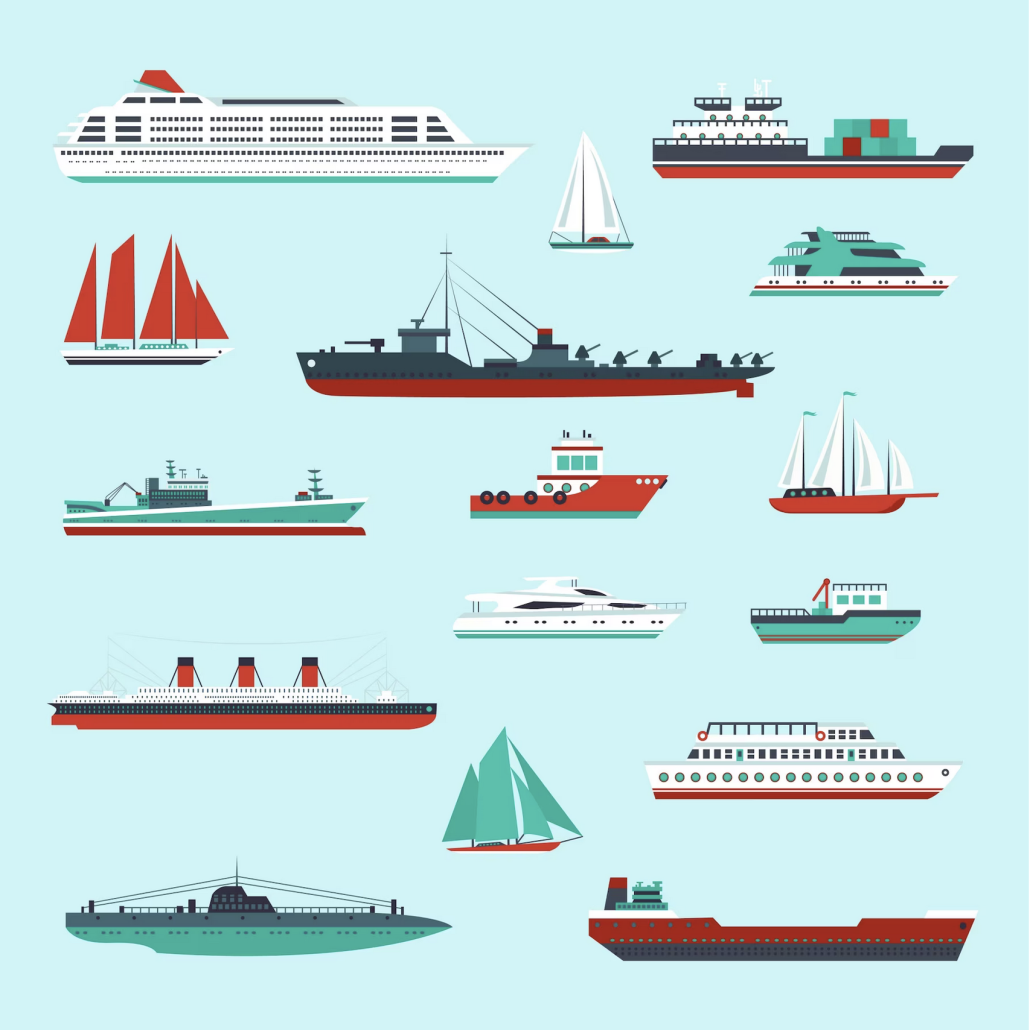Ships 101
Date

Description
Ships, boats, vessels, pleasure craft, derelict vessels… When we receive a claim, here’s one of the first questions our team asks itself:
- Was the pollution incident caused by an oil spill or the risk of an oil spill from a ship?
Here is what we mean by “ship”:
- Is it designed, used, or usable for moving in water?
We classify ships according to the following categories:
- Tankers
- Cargo, container, and passenger vessels
- Tugs and barges
- Fishing vessels
- Pleasure craft
- Other
We can also pay compensation in the case of mystery spills, where we can’t identify the ship that caused a spill.
It may be surprising, but the following are all examples of ships:
- Abandoned ships
- In 2022-2023, more than half of all claims we received were related to derelict or abandoned ships
- Autonomous or remotely controlled ships
- Personal watercraft, such as a sea-doos
- Amphibious vehicles that can travel on both land and water
- Submarines
- Ships under construction, from the moment they can float
- Some offshore structures, such as oil rigs, if they are not secured to the ocean floor
Caution! A ship may lose its status. For example, an old ship that is permanently attached to the shore, a dock system or a breakwater may no longer be considered a ship.
The following are NOT factors we consider when assessing whether it is a ship:
- Registration, or operating licences or permits
- Insurance coverage
- Size or gross tonnage
- Whether it requires a crew or is remotely controlled
- Whether it carries passengers
- Whether it carries cargo
- Whether it is self-propelled
- Whether it is damaged, broken up, abandoned, or sunken
- Location: a ship placed on land is still a ship
